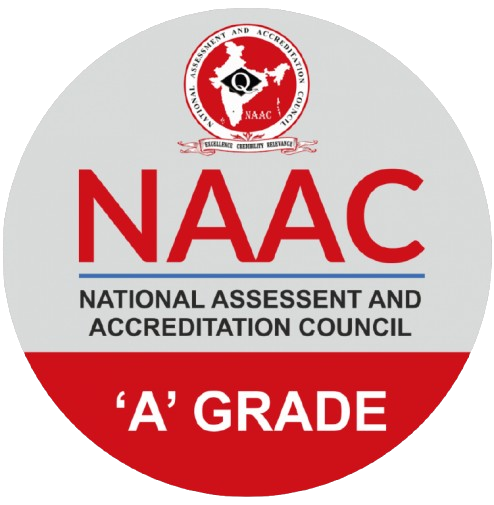The Department of Cyber Security plays a vital role in equipping students and researchers with the knowledge, skills, and tools required to protect digital infrastructure in an increasingly connected world. With the rise of cyber threats ranging from malware and phishing to sophisticated state-sponsored attacks, the demand for trained cybersecurity professionals has grown exponentially.
This department addresses that need by offering a multidisciplinary approach to cybersecurity education, combining computer science, information technology, ethical practices, and legal frameworks. The department started offering undergraduate programs in 2022 with an intake of 60 students. The curriculum is designed to cover a broad range of topics such as network security, cryptography, ethical hacking, digital forensics, cloud security, risk management, and cyber laws.
Students gain both theoretical grounding and practical experience through hands-on lab sessions, simulated cyber-attack environments, internships, and capstone projects. A major strength of the department is its research and innovation in areas such as artificial intelligence in cybersecurity, blockchain security, threat intelligence, and cyber-physical systems protection.
Faculty and students actively contribute to national and international conferences and collaborate with industry and government agencies to solve real-world security challenges. The department is also committed to awareness and outreach, conducting workshops, training programs, and cybersecurity awareness campaigns.
It maintains strong ties with industry partners, providing students with access to internships, placement opportunities, and cutting-edge technologies. In essence, the Department of Cyber Security serves as a critical academic and research hub that prepares professionals not only to defend against existing cyber threats but also to anticipate and counter emerging ones.
- Information Security Principles
- Network and System Security
- Web Application Security
- Cloud Security
- Cyber Laws and Ethics
- DevOps
- Big Data Analytics
- Incident Response and Disaster Recovery
- Cybersecurity labs for hands-on training
- Virtual attack/defense environments for simulations
- Security Operations Center (SOC) simulations
- Cybersecurity Analyst
- Ethical Hacker / Penetration Tester
- Network Security Engineer
- Digital Forensics Expert
- Cybercrime Investigator
- Risk Analyst / Security Consultant


